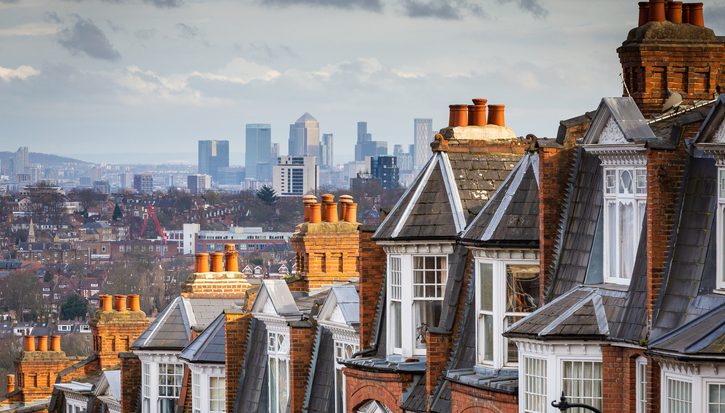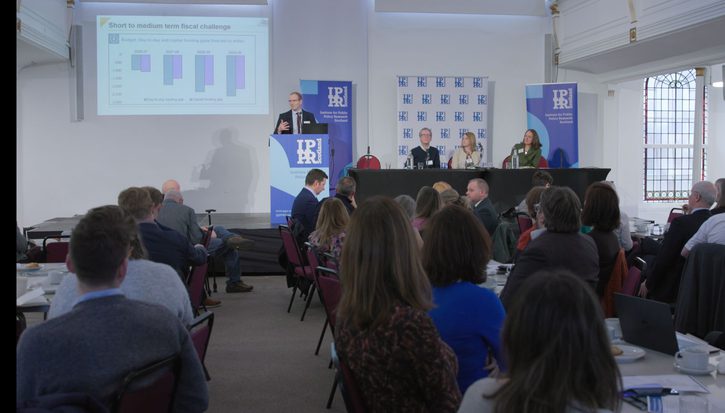Mind the gap: The case for more funding for health and care
Article
Since the creation of the NHS in 1948, spending on health in the UK has grown, on average, by 3.7 per cent per annum, with similar pressures on social care spend, as a result of demographics, rising expectations, and new treatments and technologies coming on stream.
In the wake of the financial crisis in 2010/11 however, while pressures on the system remained, the funding settlement for health and care changed. The NHS is now well into its most austere decade ever and, with the exception of 2015/16, social care funding has declined year on year since 2010.
This paper argues that without further investment in health and care there the health and care service will continue to lag behind the curve. Better quality care will be technically and scientifically possible but will not be delivered without an increase in funding. The evidence suggests that the combined funding gap in health and care will increase to £8.4 billion in 2020/2021 and £28.6 billion in 2030/31.
Related items

Towards a fair and proportional property tax

In search of the Scottish economy's 'low-hanging fruit': IPPR Scotland responds to the Muscatelli report
The report is a serious and thoughtful analysis of what is and isn’t working in Scotland’s economic development eco-system.
Celebrating 10 years of IPPR Scotland
In celebration of our 10th anniversary, IPPR Scotland was delighted to host a daylong conference on October 29.